Safety Tips
Safe to swim
1 August 2011
Pools and spas are constantly exposed to potentially harmful bacteria, particularly in the outdoors. Maintaining a sanitary pool or spa is essential to preventing illness and keeping your water crystal clear – not to mention enhancing the life of your pool and equipment!
Safe to swim
The importance of sanitising your pool water
The main reason for treating pool and spa water with sanitising chemicals is to prevent the growth of bacteria and ensure your pool water is safe to swim in. Illnesses caused by pool bacteria can include nose and throat infections, rashes, respiratory infections, swimmer’s ear and diarrhoea, through to even more serious conditions such as meningitis, which is why sanitation must be a concern for every pool and spa owner.
In addition, chemically balanced and sanitised water (measuring correct sanitiser, pH, alkalinity and calcium levels) prevents scaling, corrosion, as well as unnecessary damage to pool equipment. Plus it allows sanitisers to work effectively.
 Bacterial control can be easily achieved by adding a sanitiser (more commonly known as ‘chlorine’) regularly and then passing the water through a filter to remove the dead bacteria. It’s also important to make sure any additional bacteria entering the water is met by a ‘sanitiser residual’ in sufficient concentration to kill this new bacteria as quickly as possible.
Bacterial control can be easily achieved by adding a sanitiser (more commonly known as ‘chlorine’) regularly and then passing the water through a filter to remove the dead bacteria. It’s also important to make sure any additional bacteria entering the water is met by a ‘sanitiser residual’ in sufficient concentration to kill this new bacteria as quickly as possible.
So where does the bacteria come from? Primarily people using the pool. Also, top up water and debris such as leaves, grass, dust, bugs, not to mention animals, can contribute significantly to bacteria levels.
But don’t panic! It’s generally accepted that most harmful bacteria will be killed when exposed to a ‘free chlorine residual’. The residual means it can remain in the water while the pool is in use and will continually protect against bacteria. So by regularly testing the water and adding the required amount of chorine to your pool, a residual level is easily maintained.
 Heated pools
Heated pools
A heated pool will require more chlorine than a non-heated pool. This is because chlorine is used up much more quickly in hot water.
Stabilised chlorine products should not be used in heated pools, as their effectiveness is greatly reduced.
Your local Swimart store can test your pool water for FREE, give you a comprehensive analysis and recommend which products you’ll need to keep your pool water clean and clear.
TOP TIPS
- Always maintain a chlorine residual of 1.0 to 2.0 ppm (milligrams per litre)
- Choose the product that best suits you (your Swimart store will recommend products which are most appropriate)
- Chlorine smell generally means not enough chlorine
- A heated pool will require more chlorine
- NEVER MIX CHEMICALS


 NZ
NZ AUS
AUS 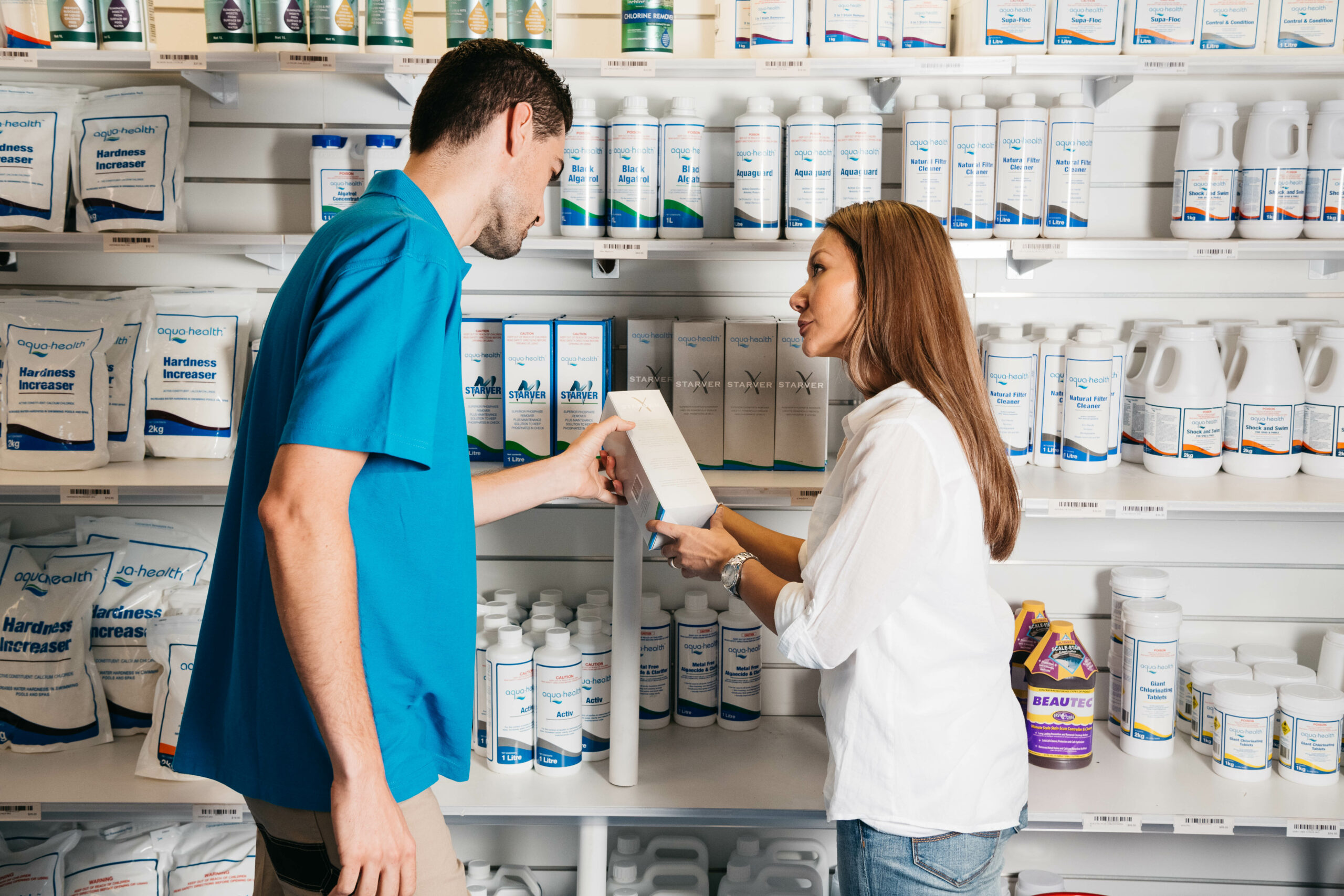
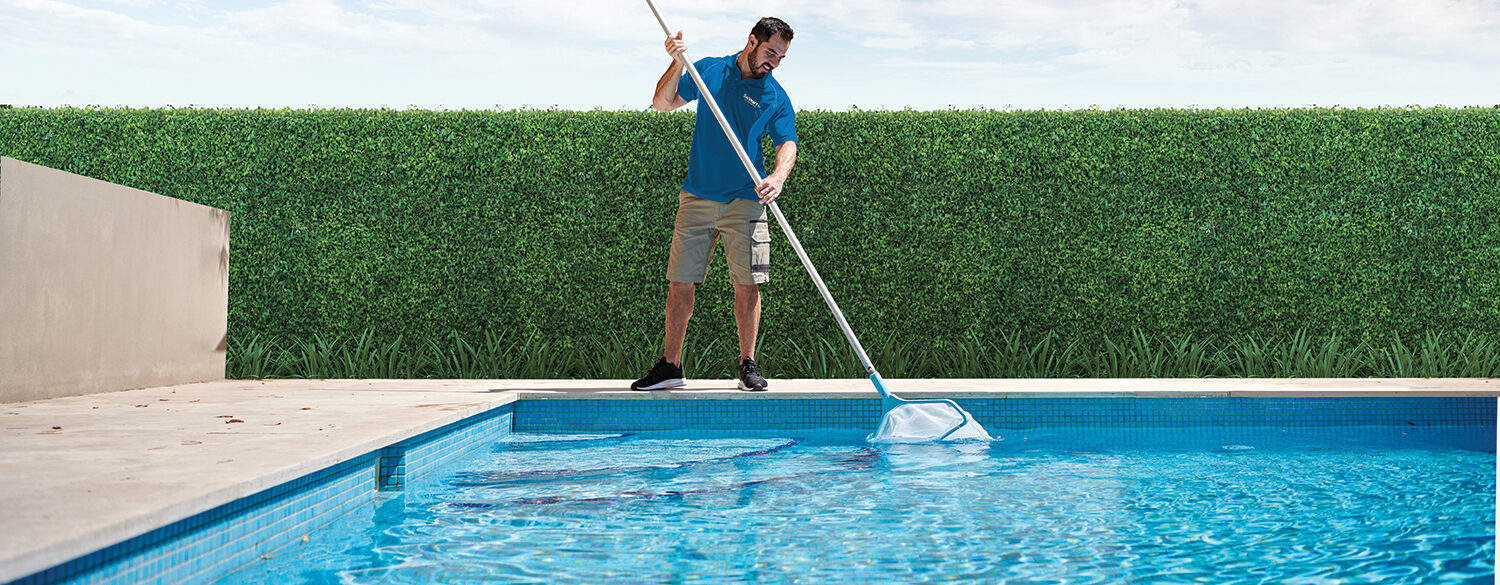
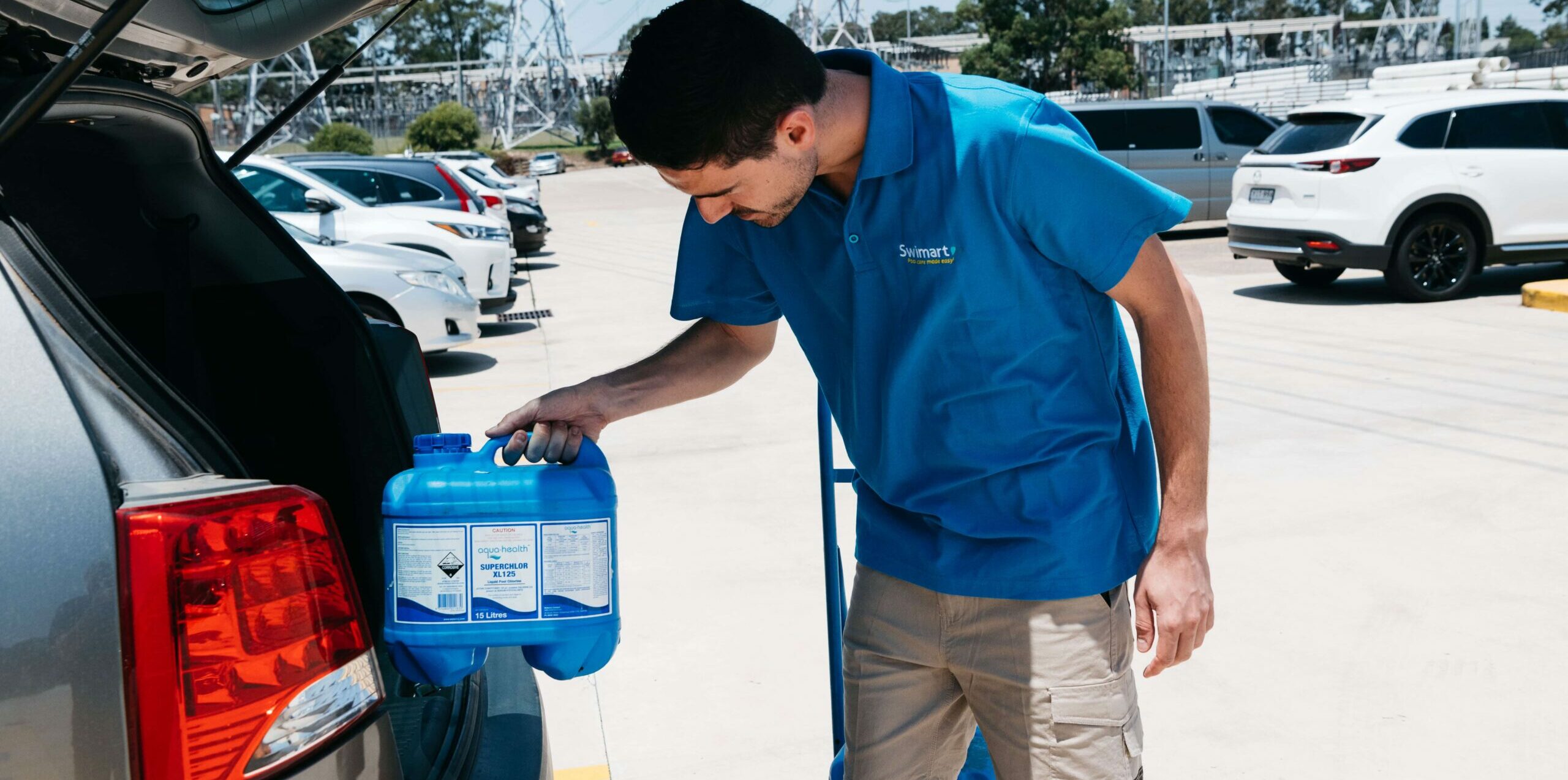
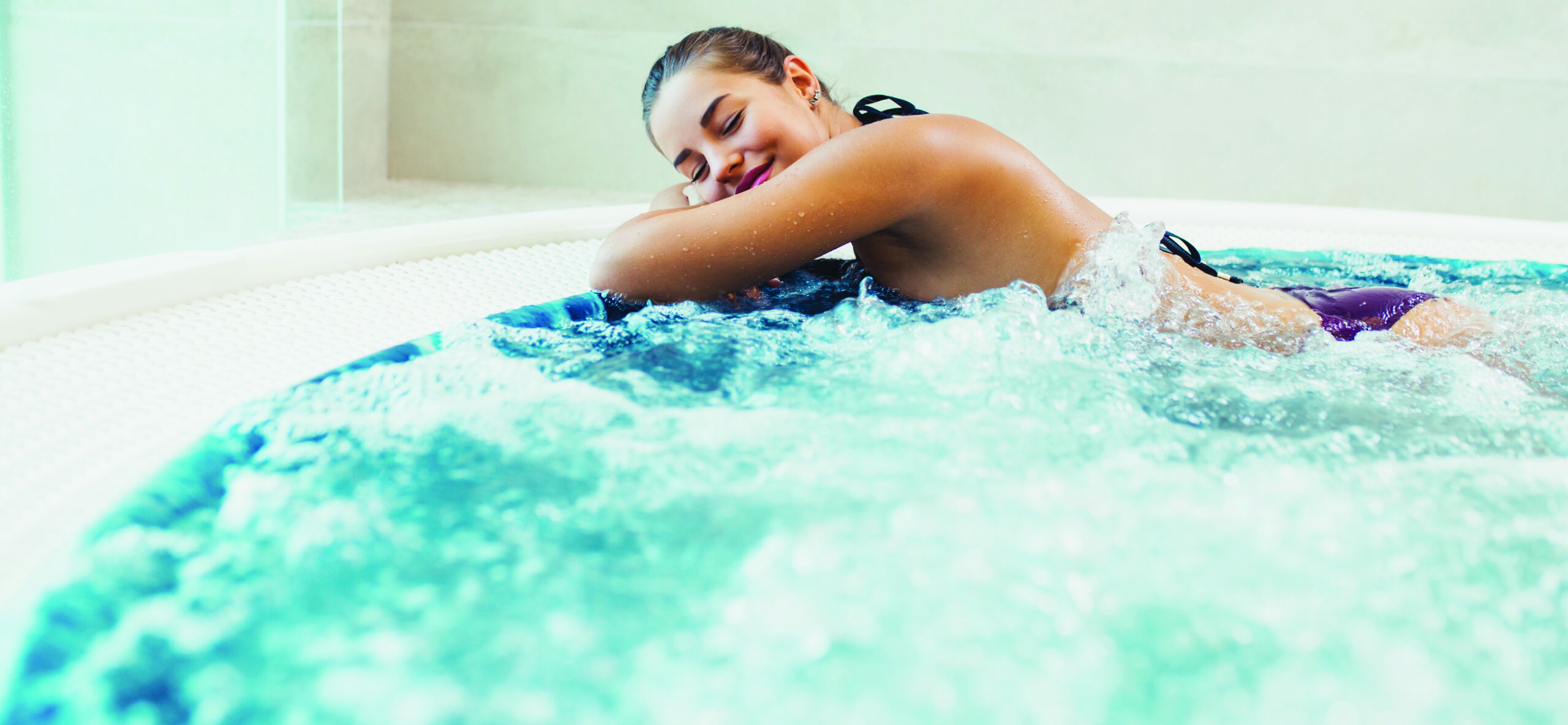
 Bacterial control can be easily achieved by adding a sanitiser (more commonly known as ‘chlorine’) regularly and then passing the water through a filter to remove the dead bacteria. It’s also important to make sure any additional bacteria entering the water is met by a ‘sanitiser residual’ in sufficient concentration to kill this new bacteria as quickly as possible.
Bacterial control can be easily achieved by adding a sanitiser (more commonly known as ‘chlorine’) regularly and then passing the water through a filter to remove the dead bacteria. It’s also important to make sure any additional bacteria entering the water is met by a ‘sanitiser residual’ in sufficient concentration to kill this new bacteria as quickly as possible. Heated pools
Heated pools